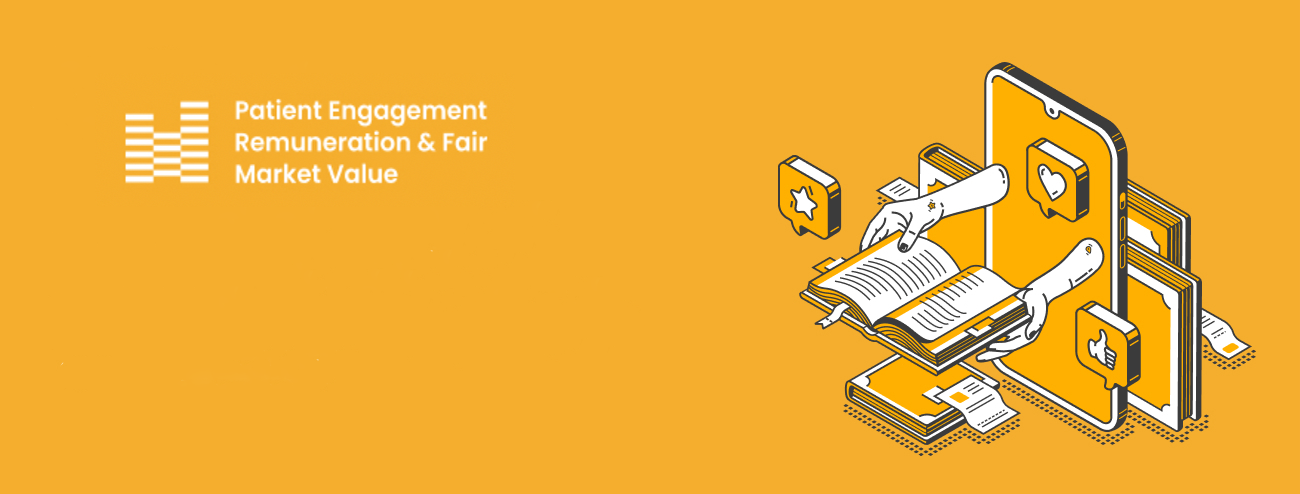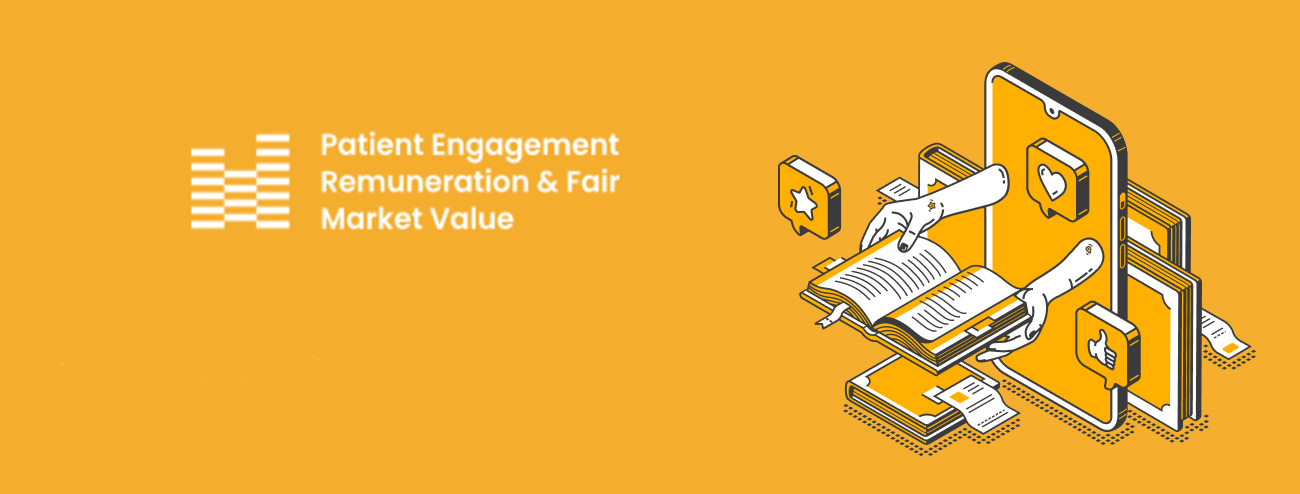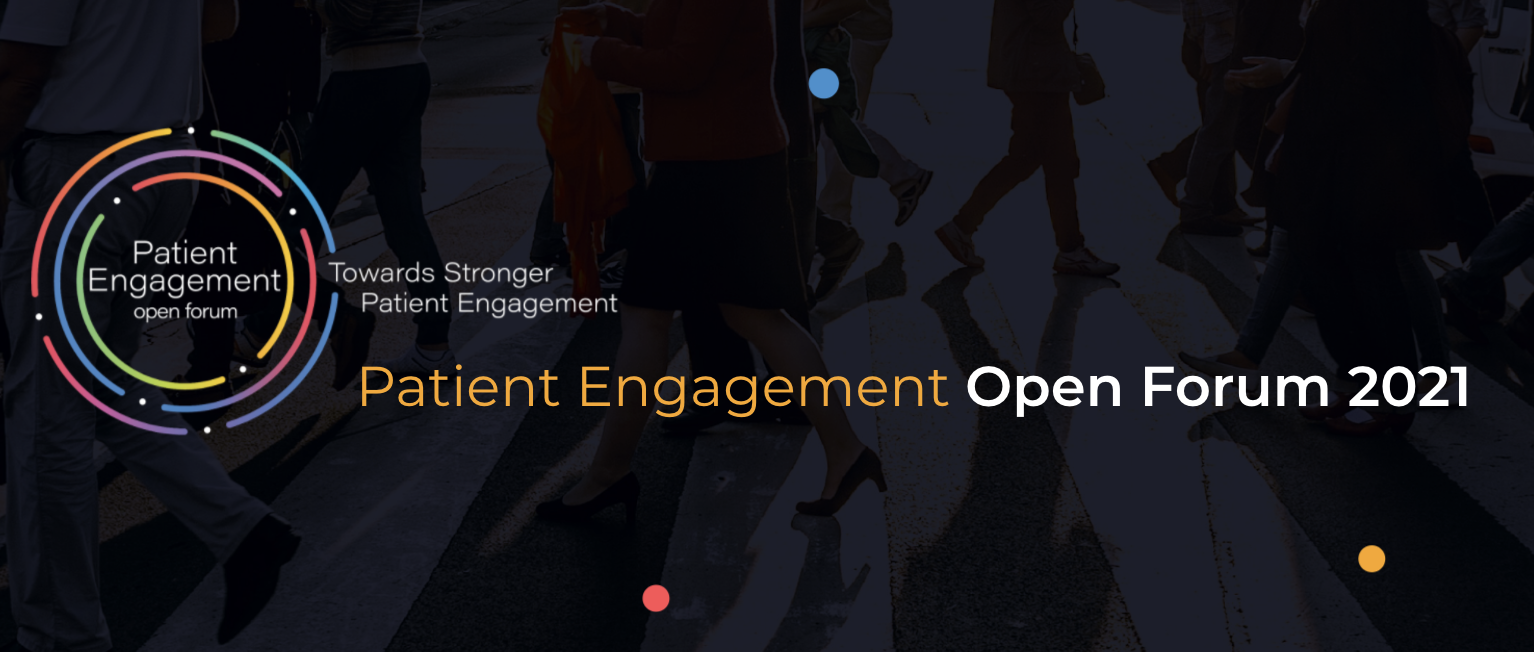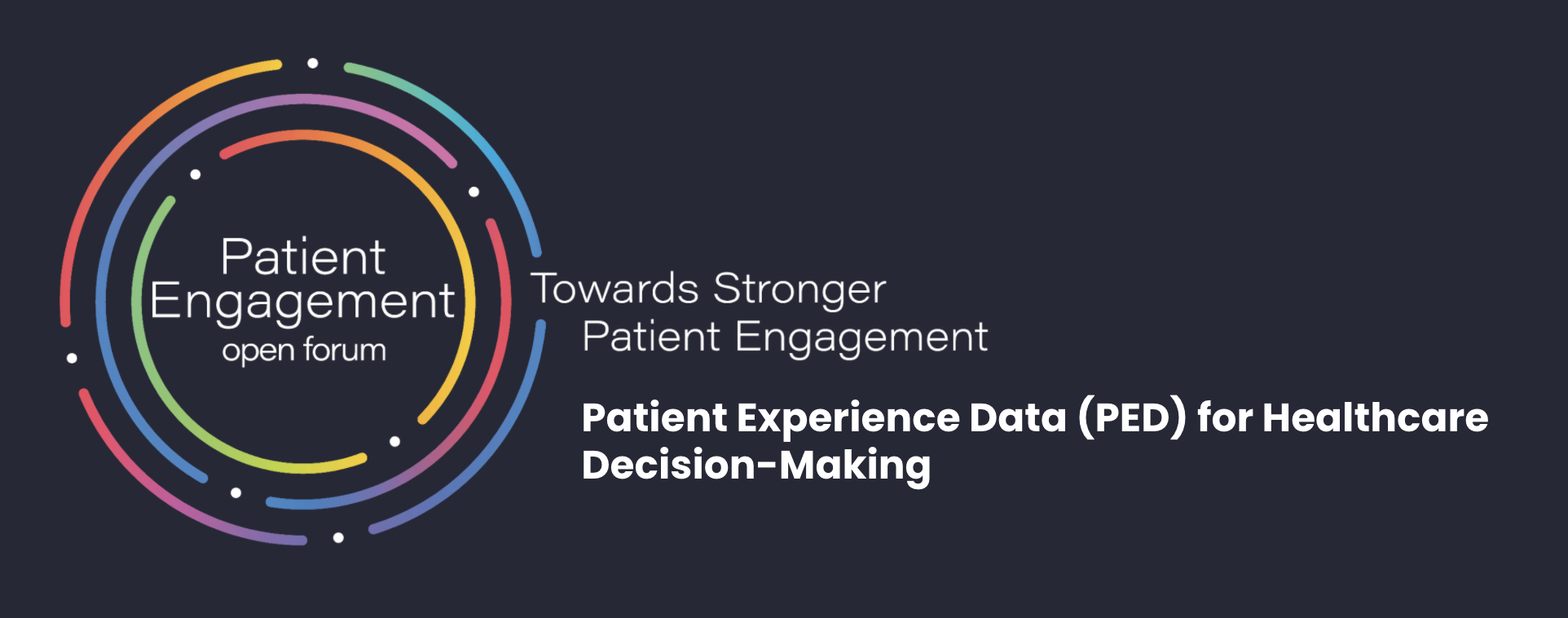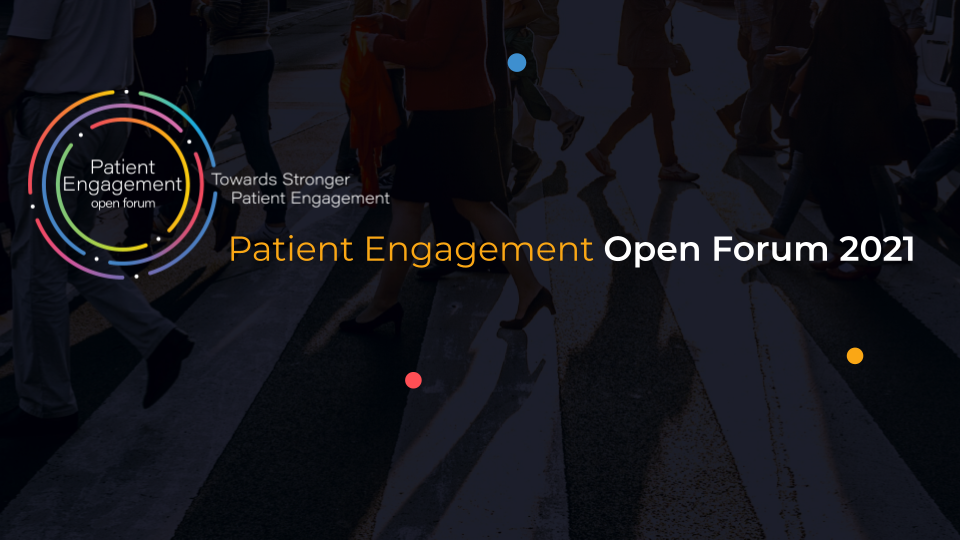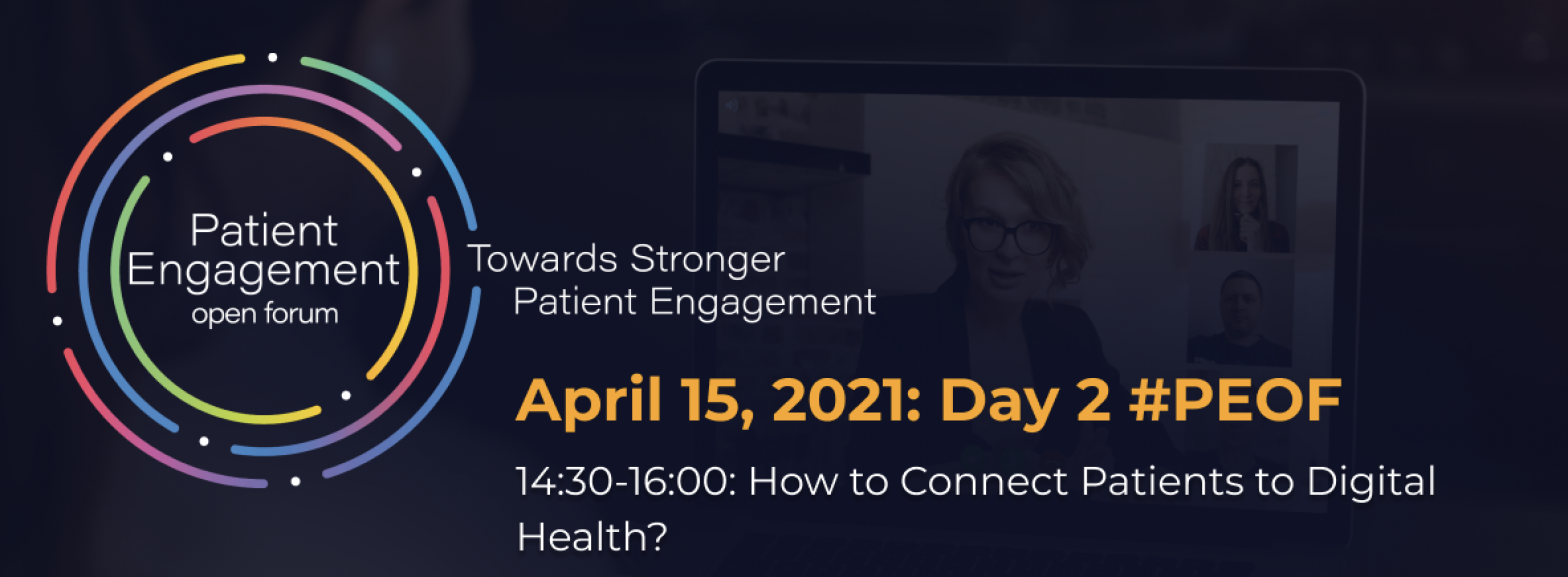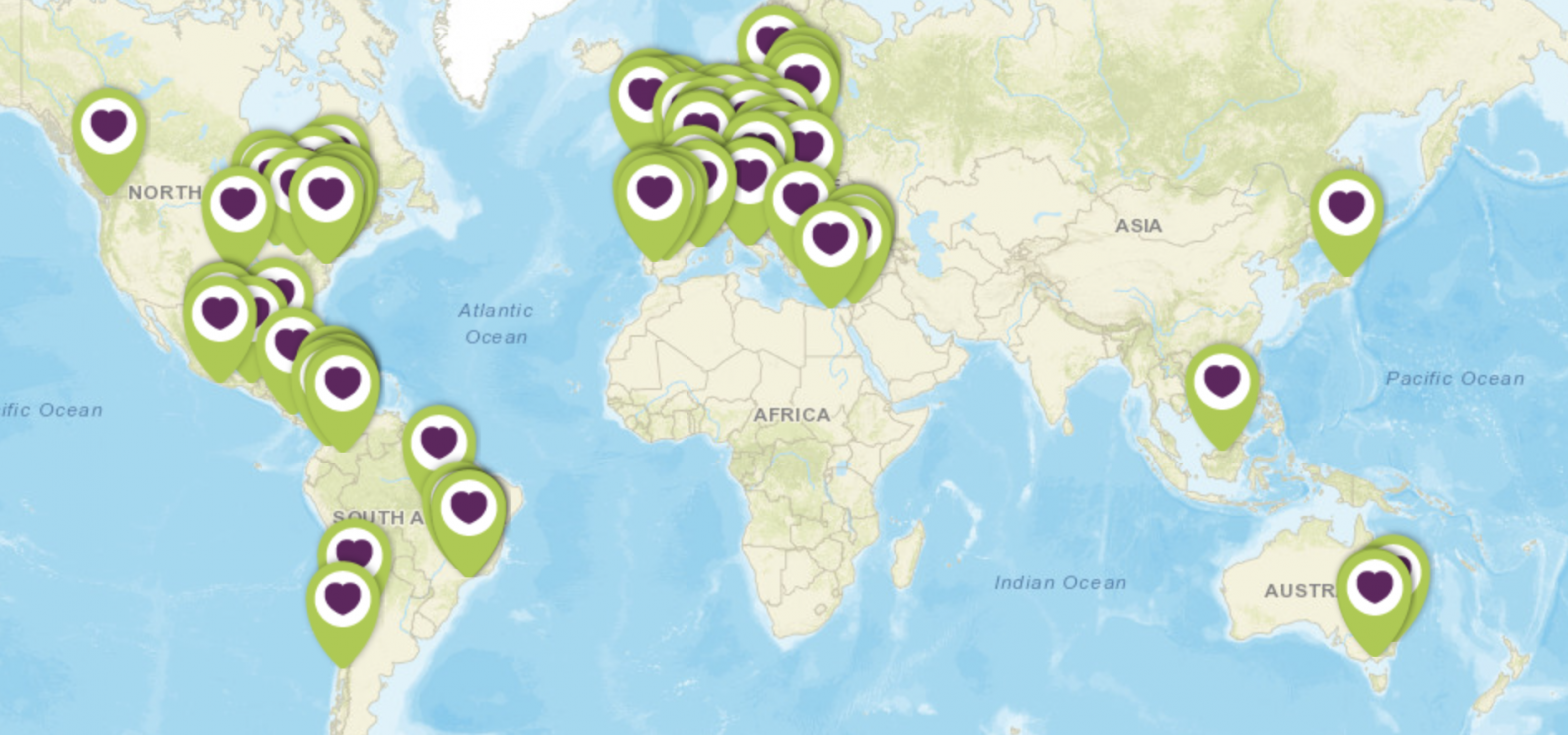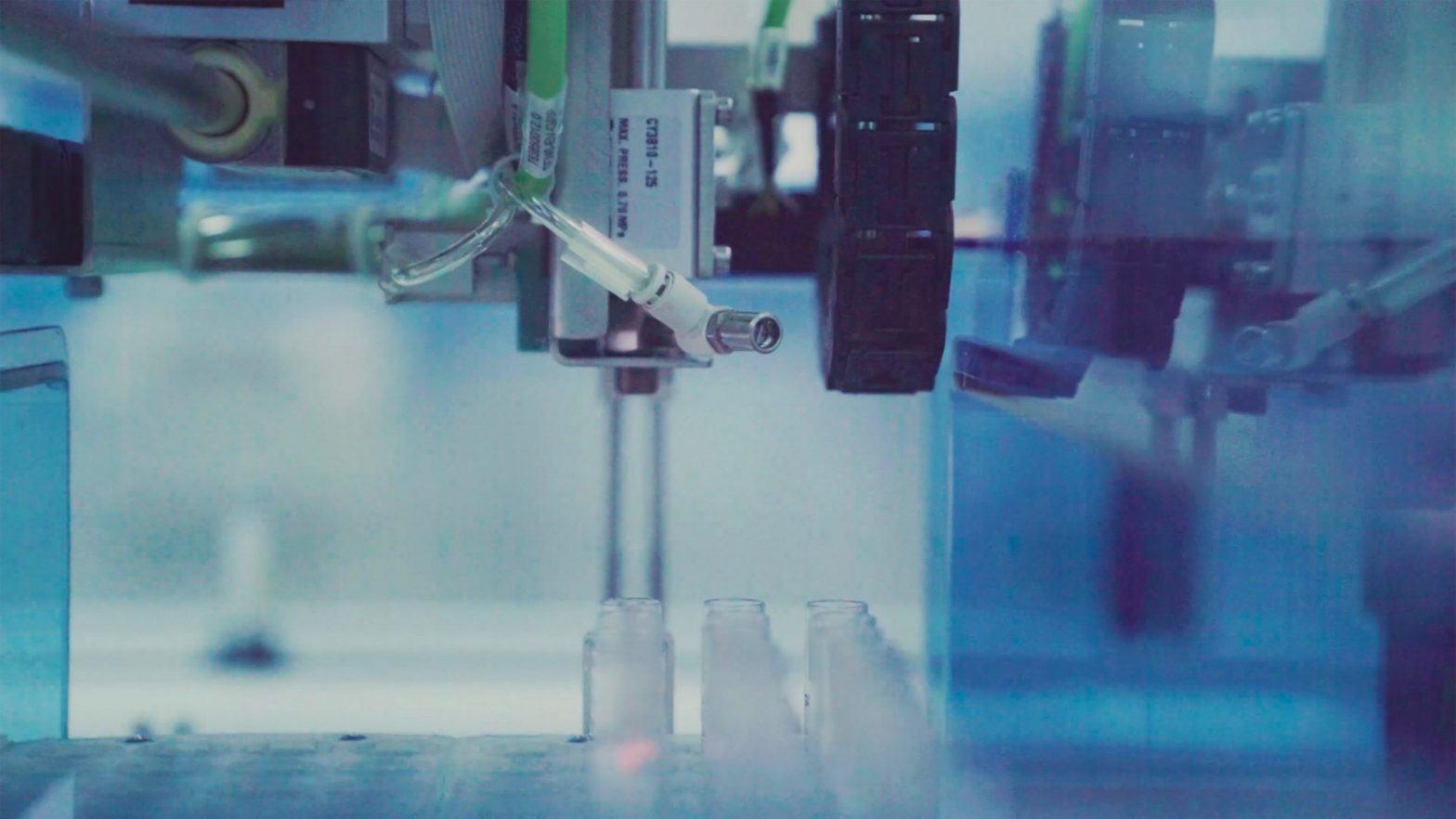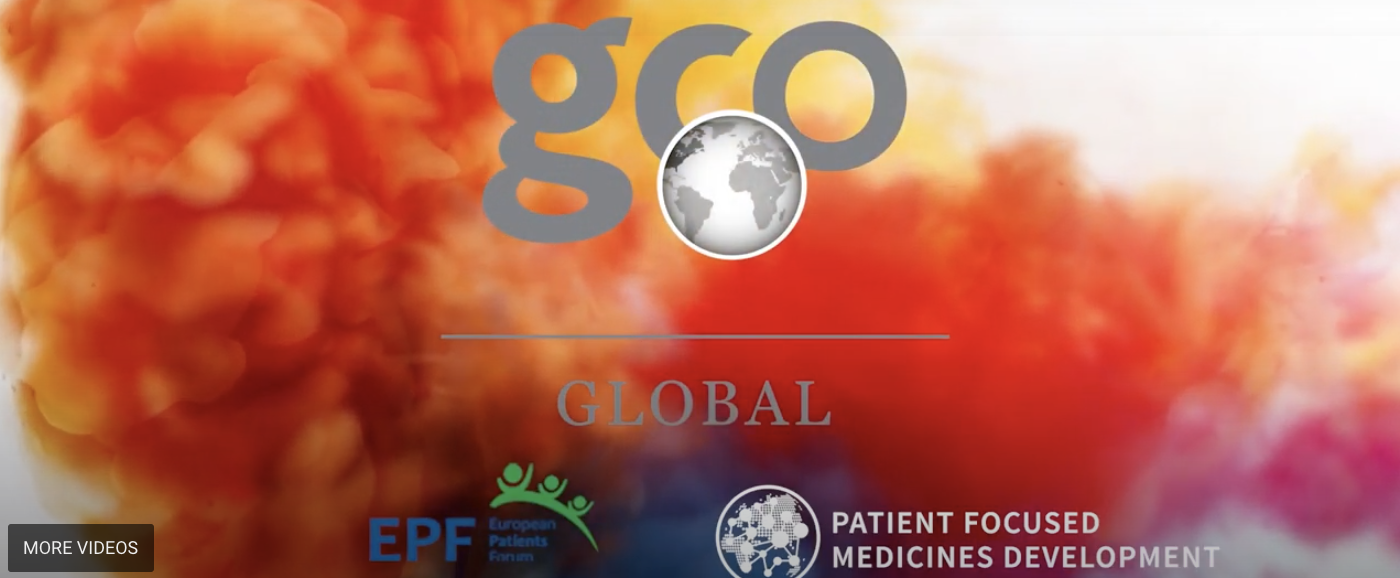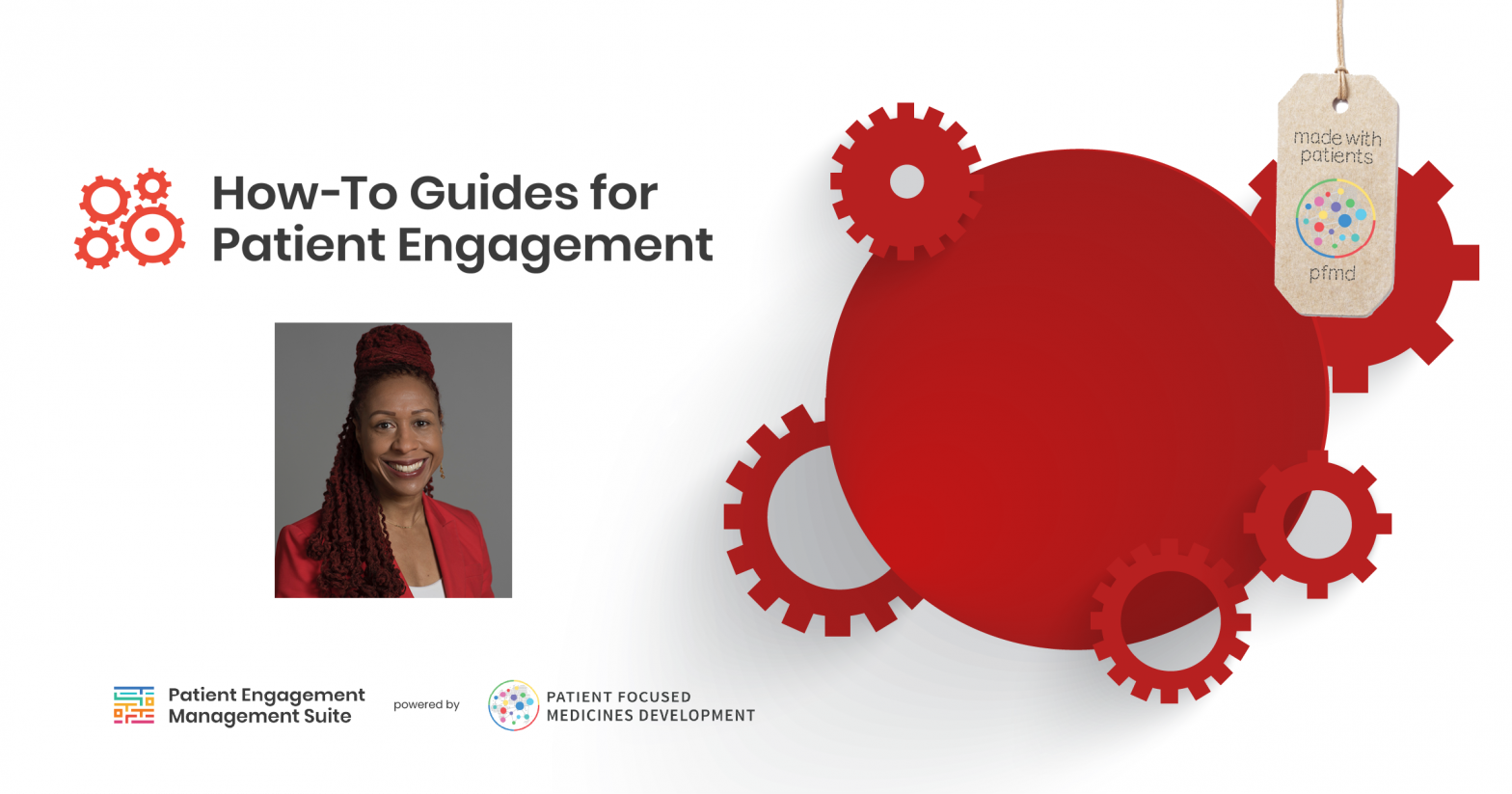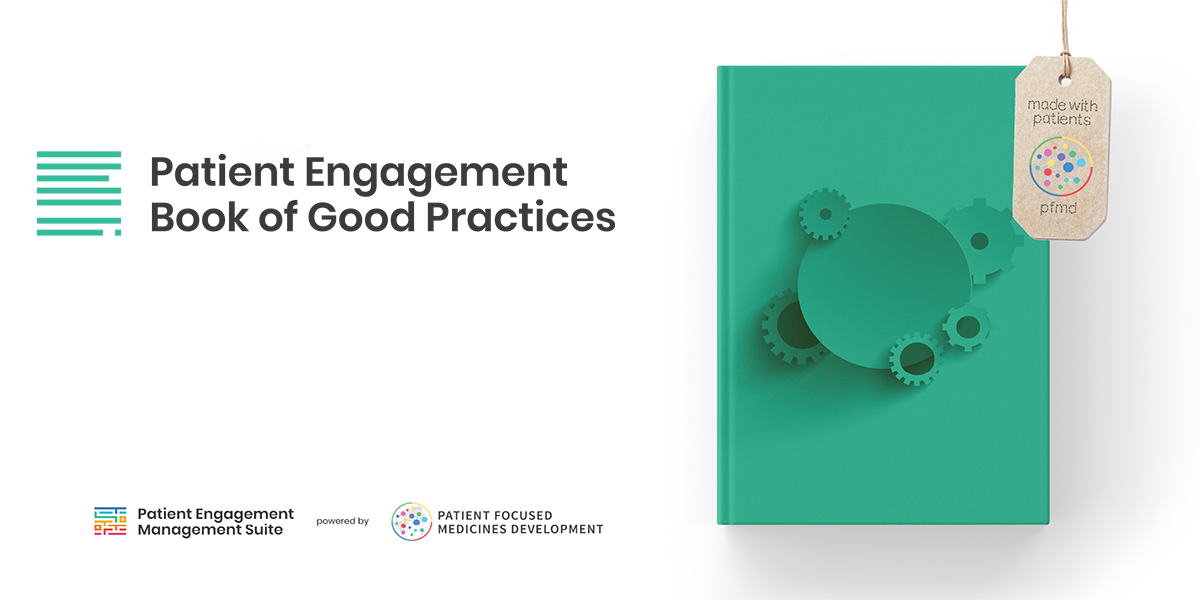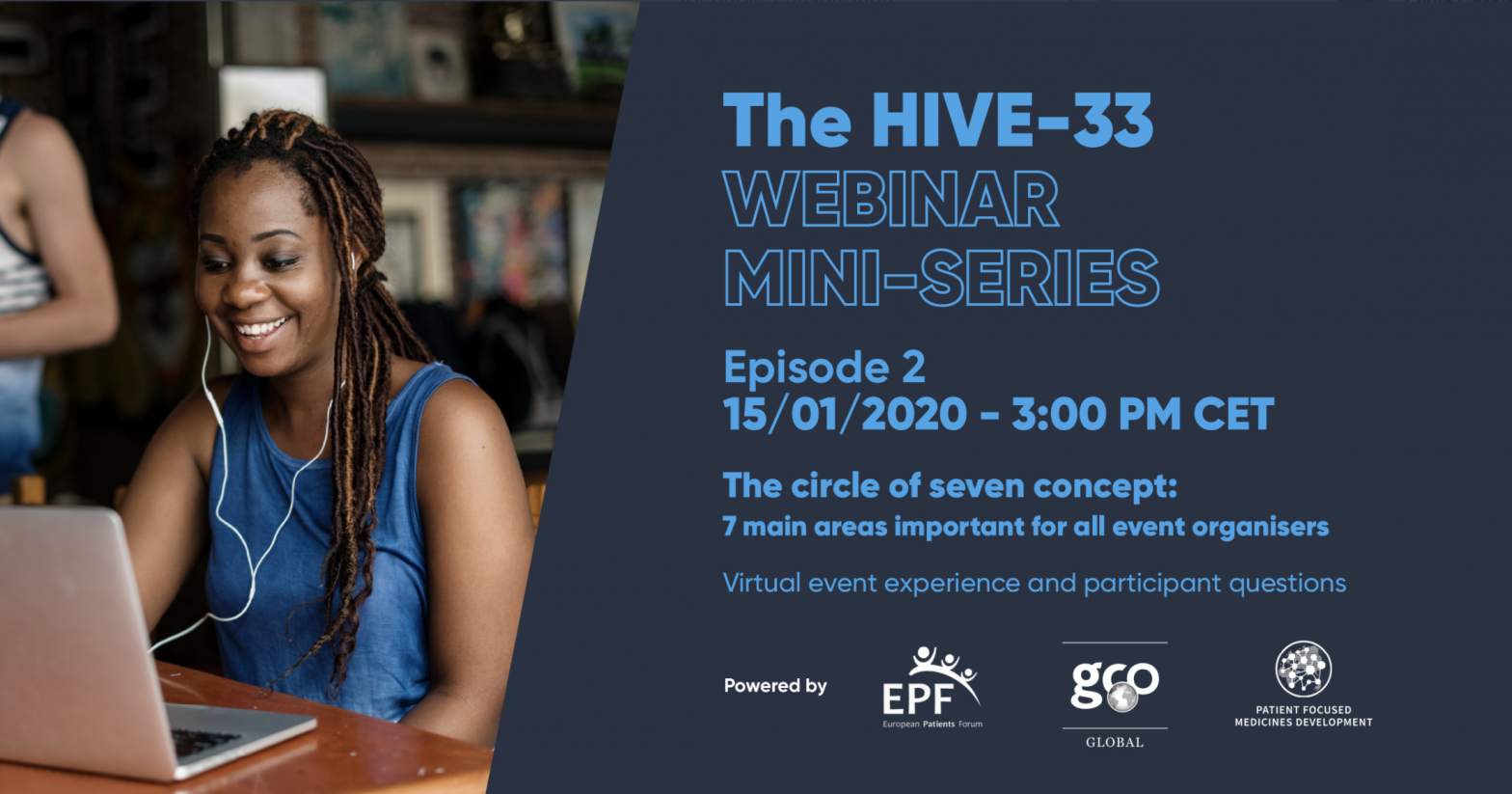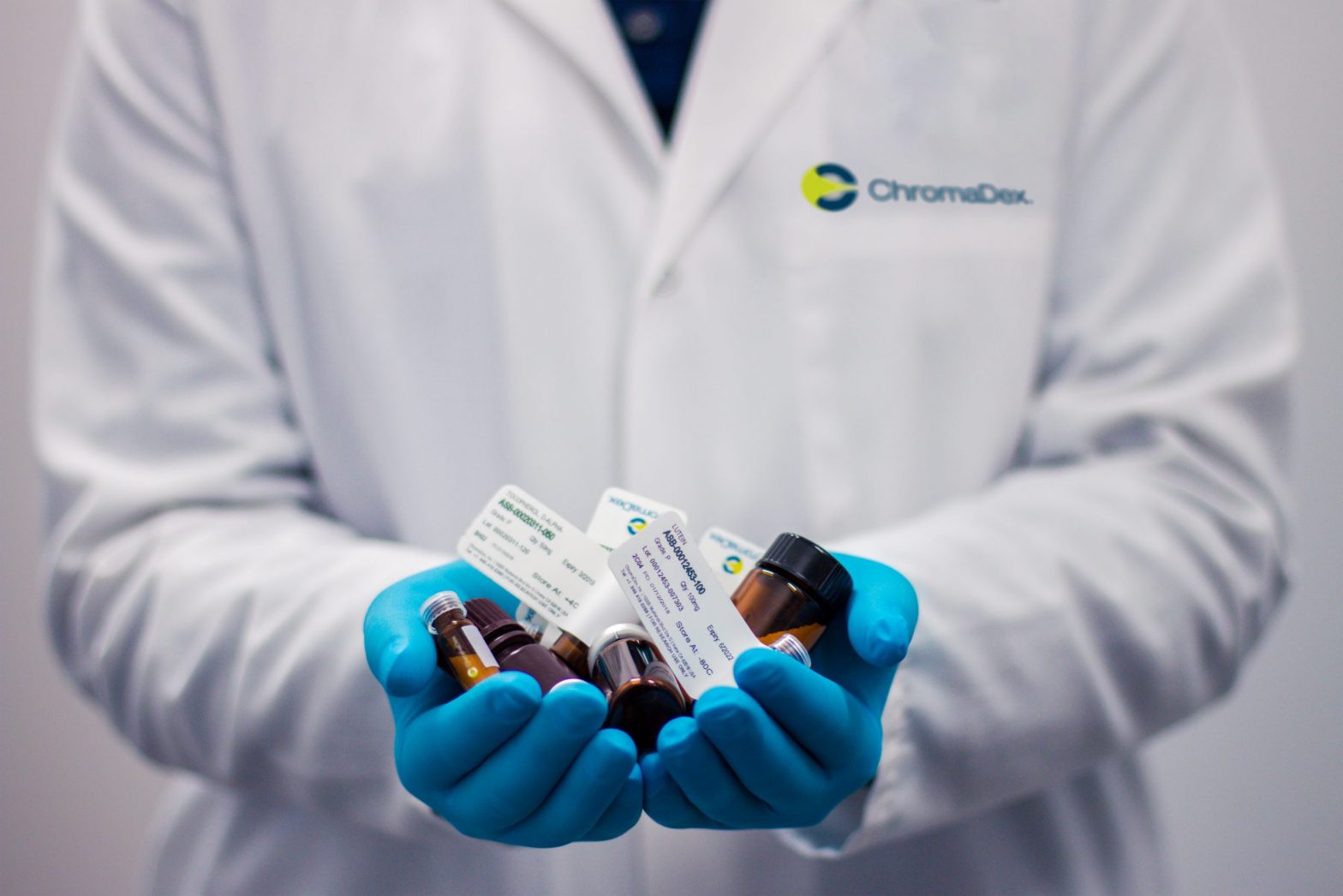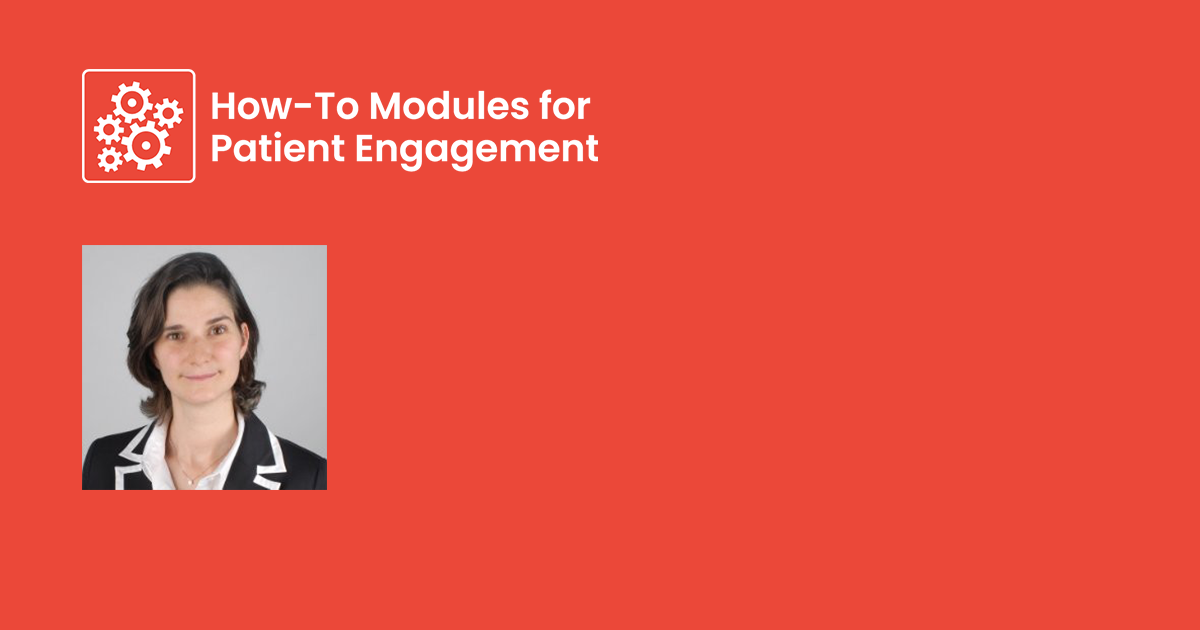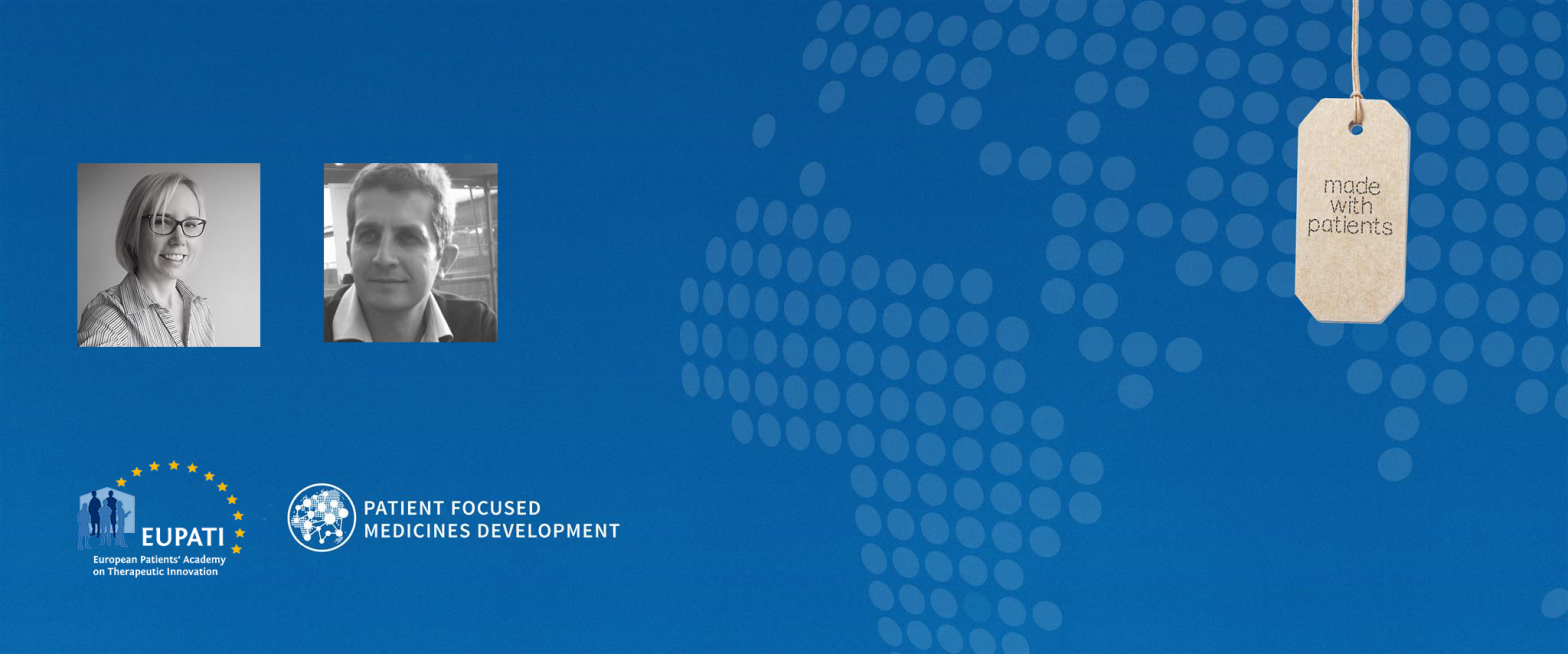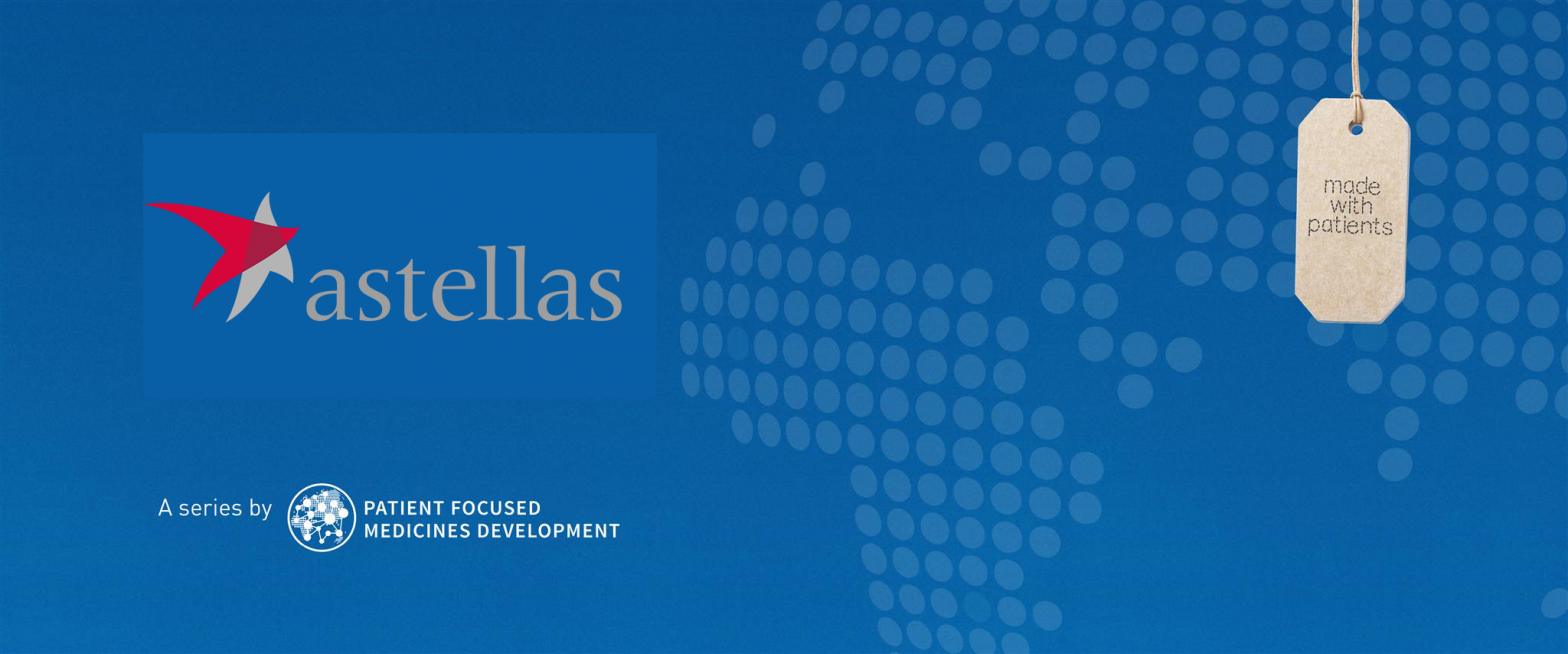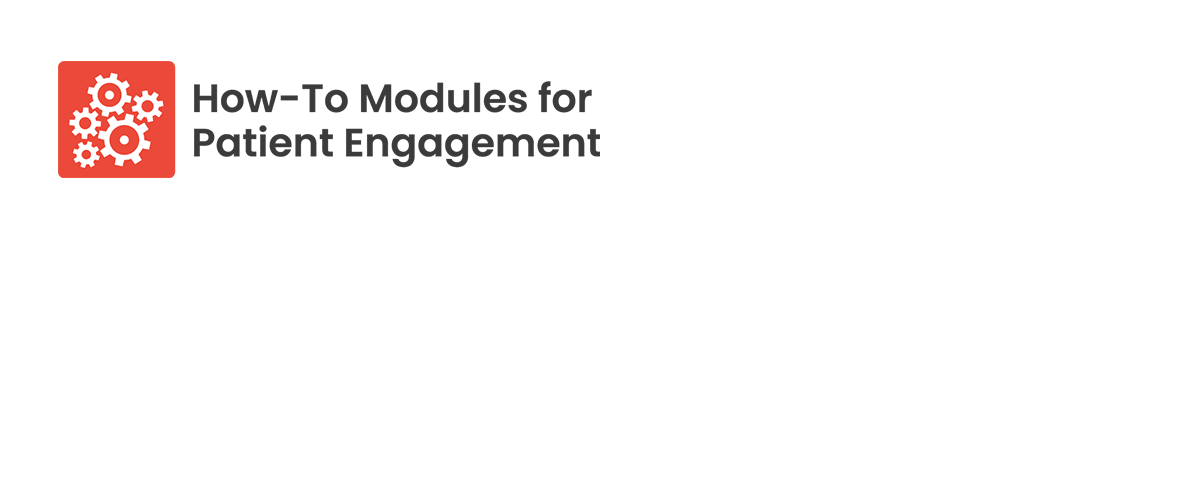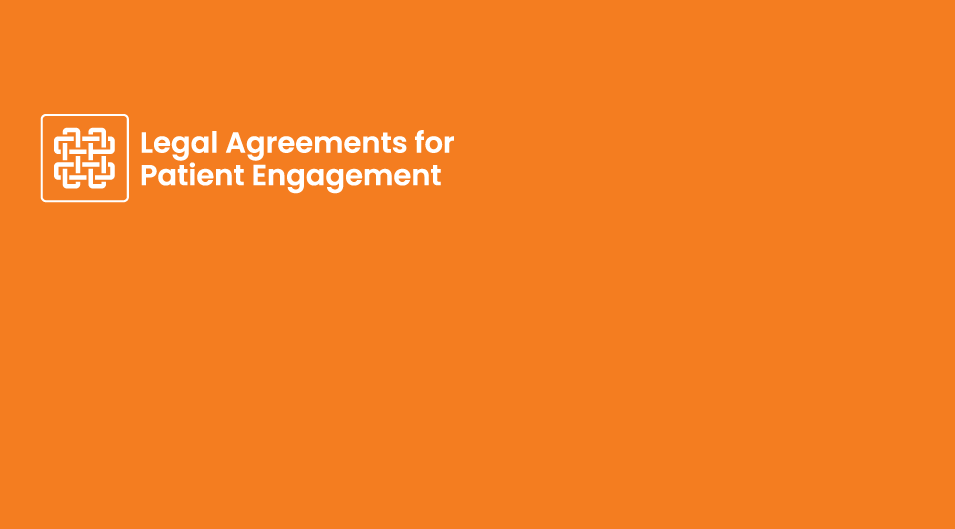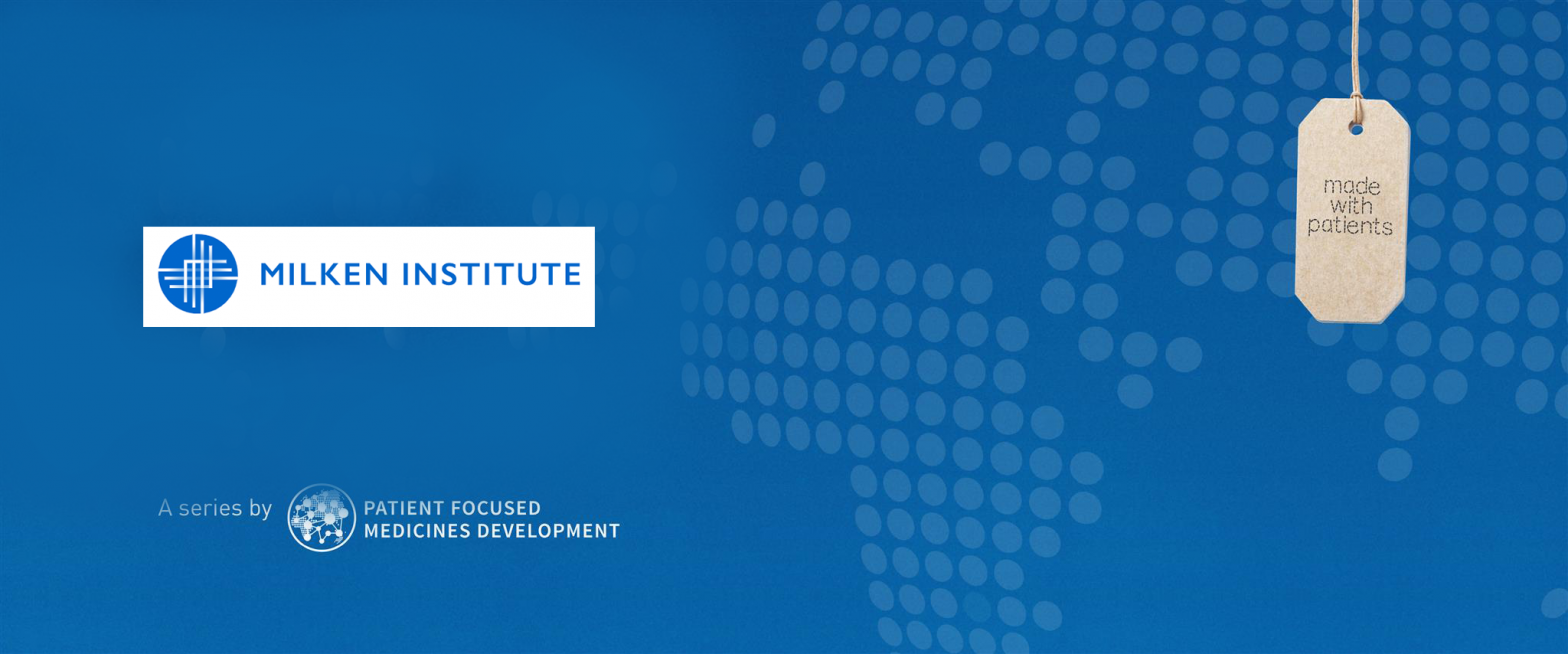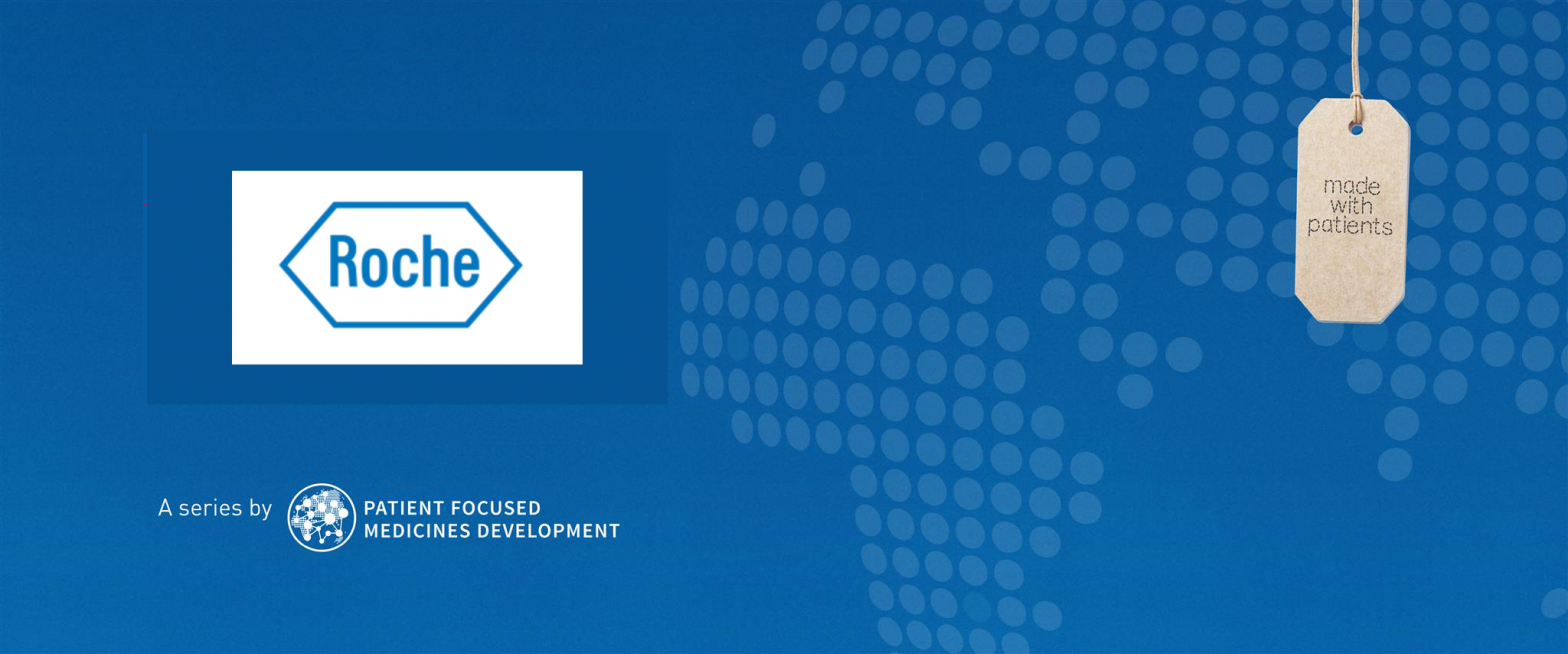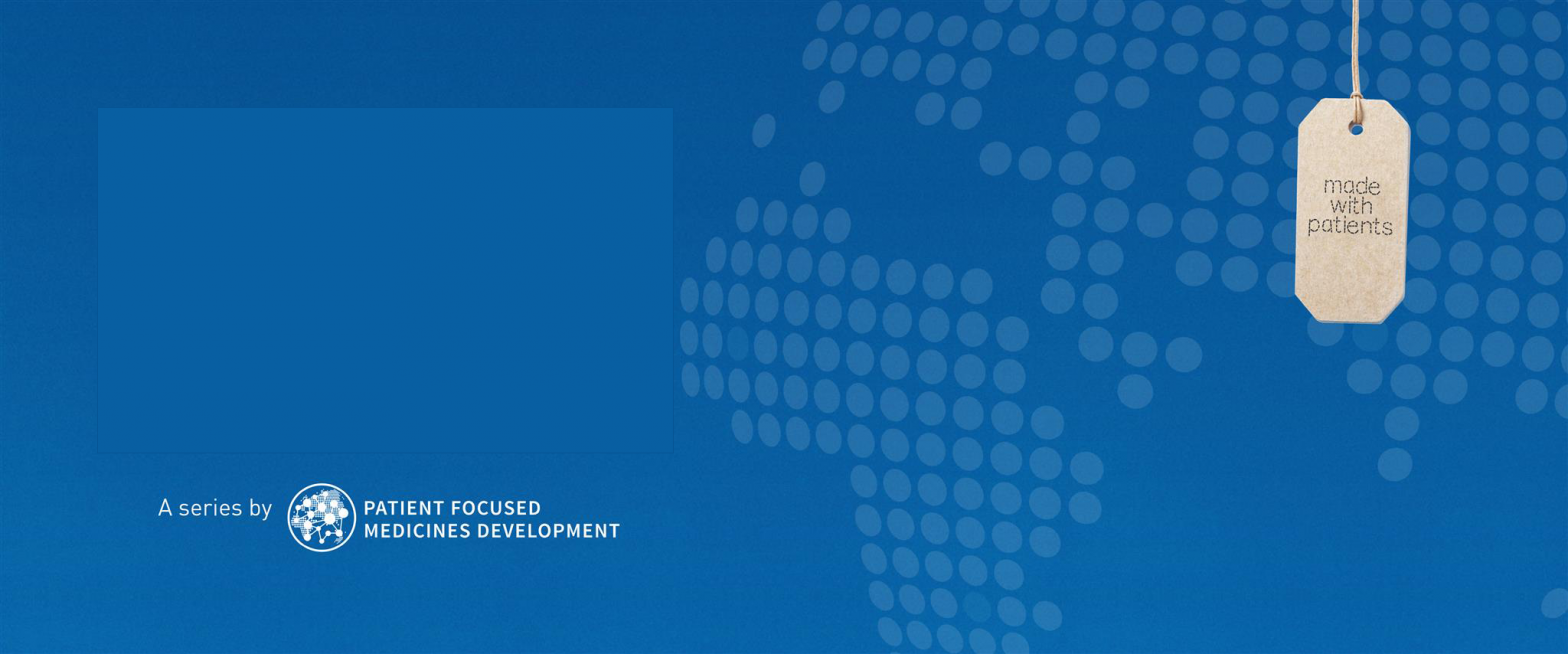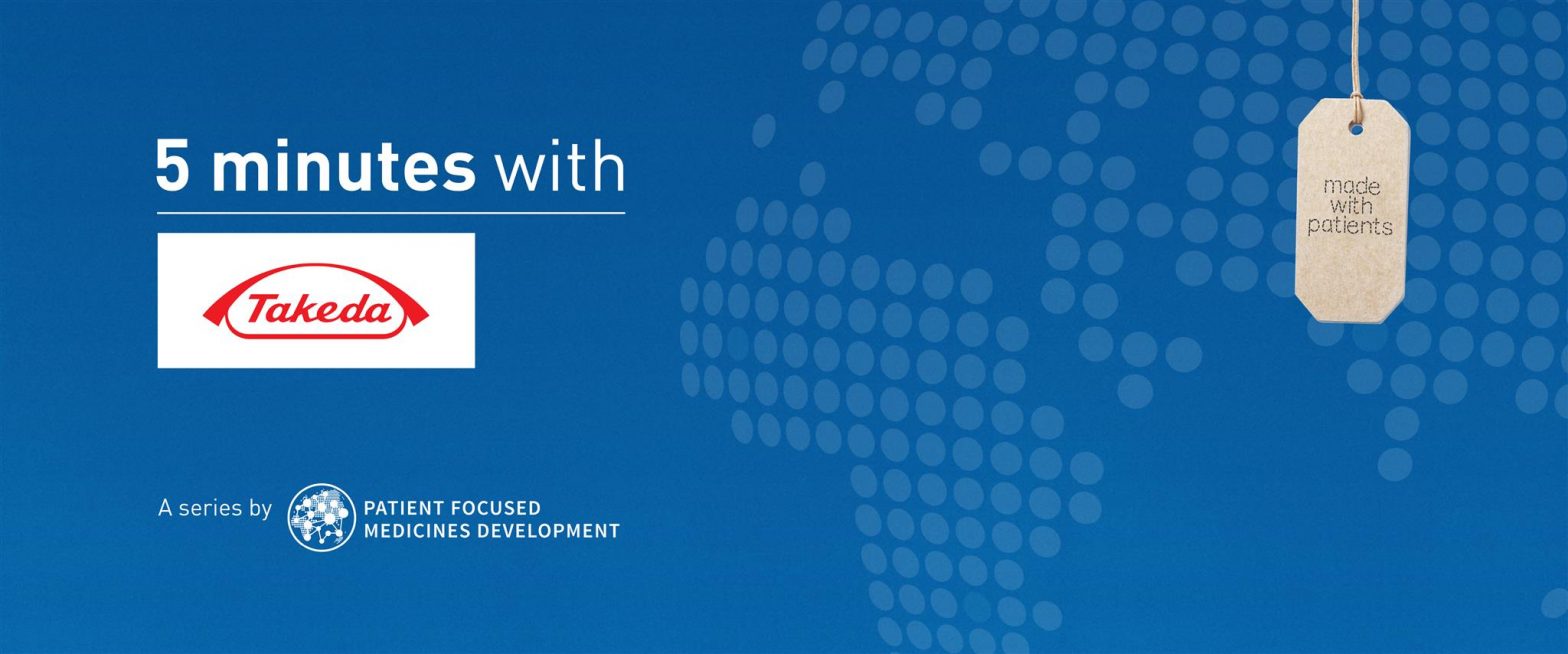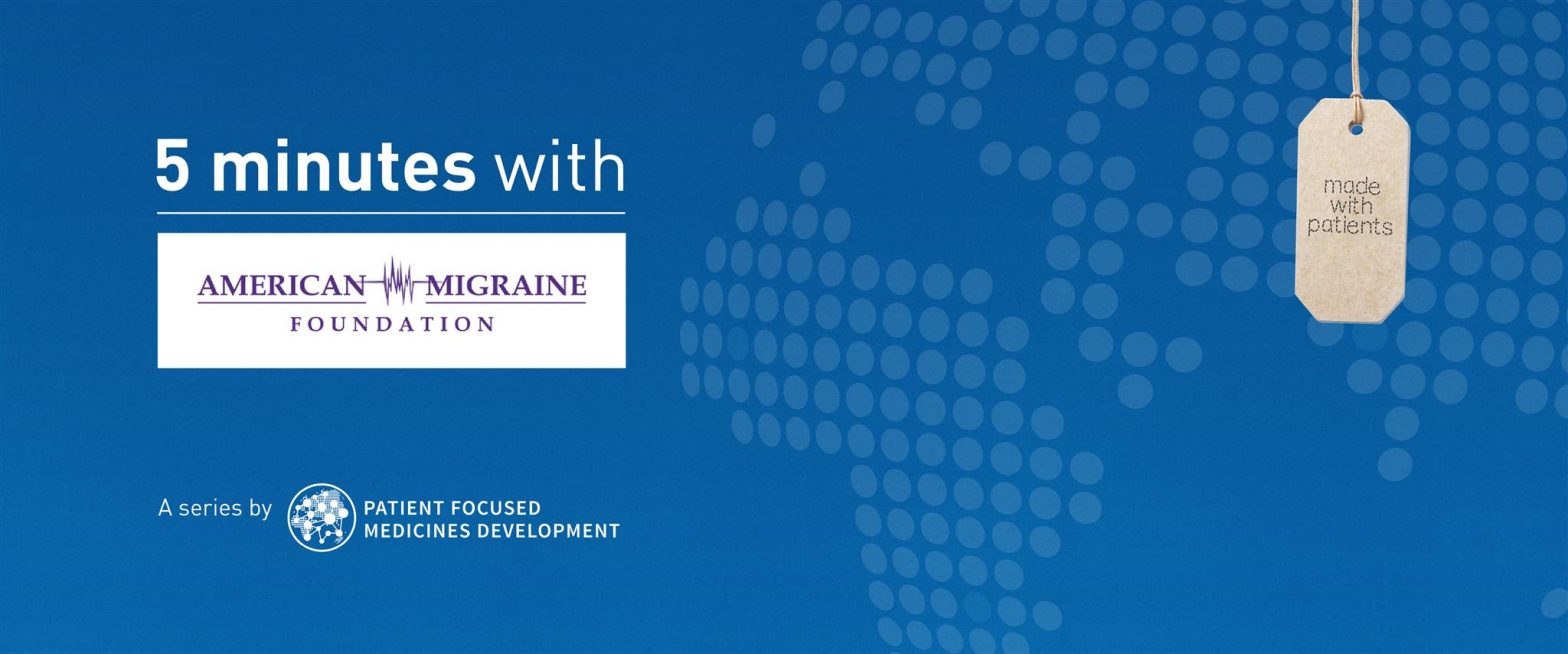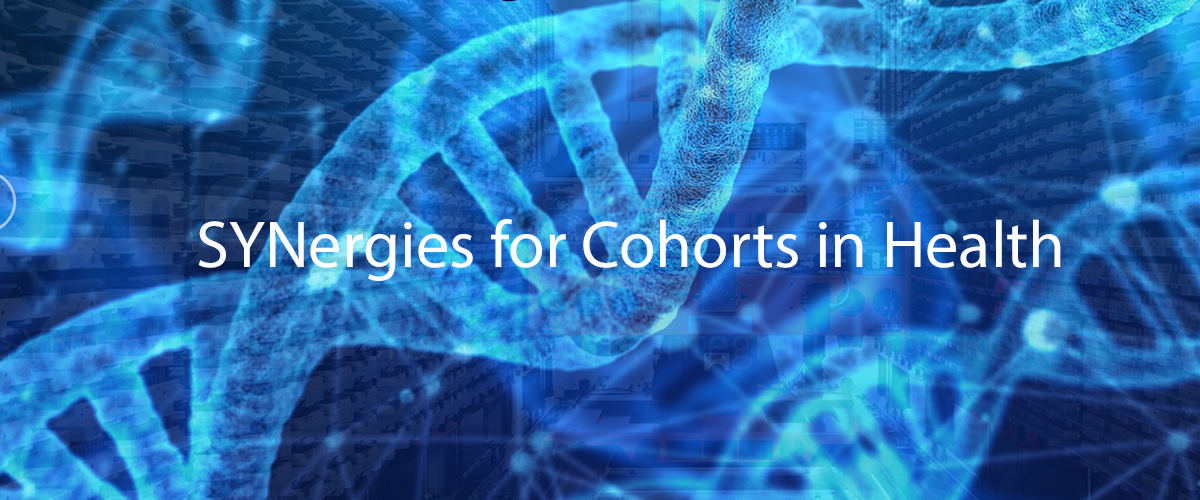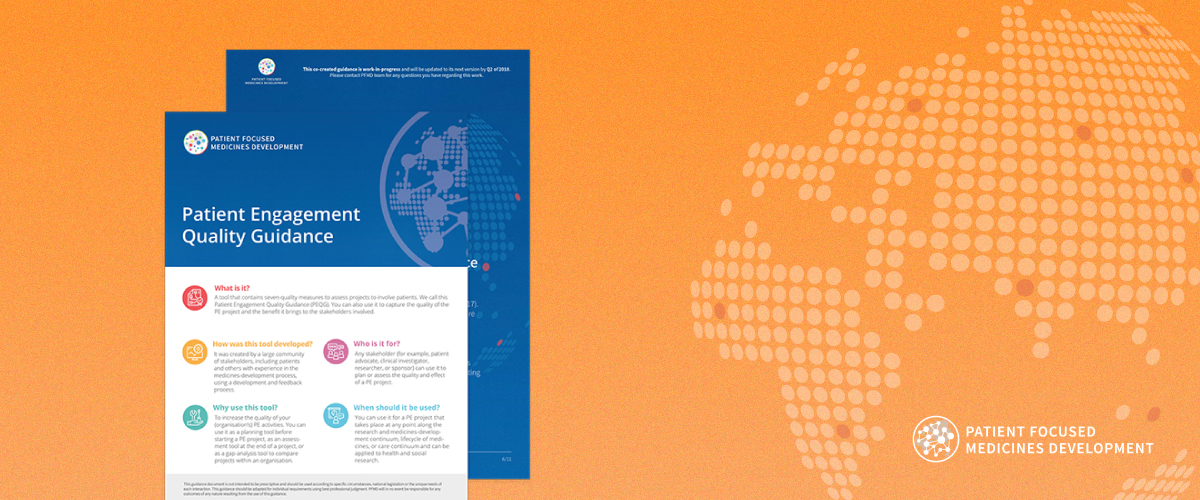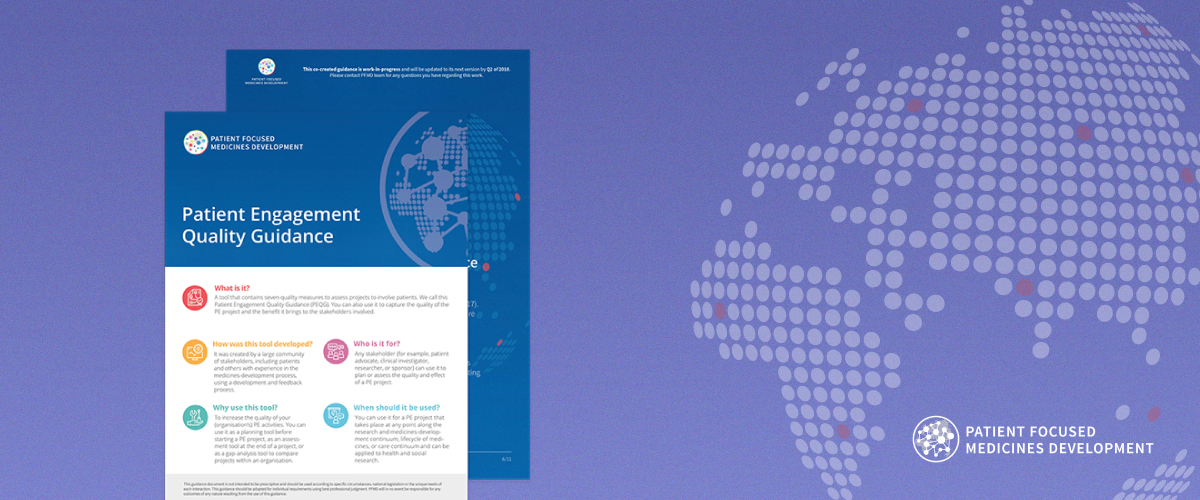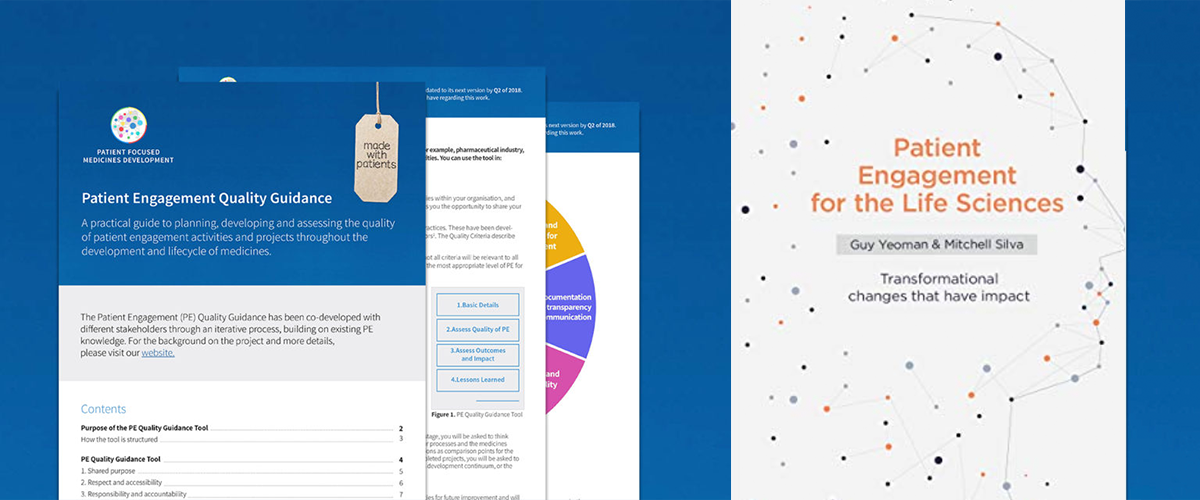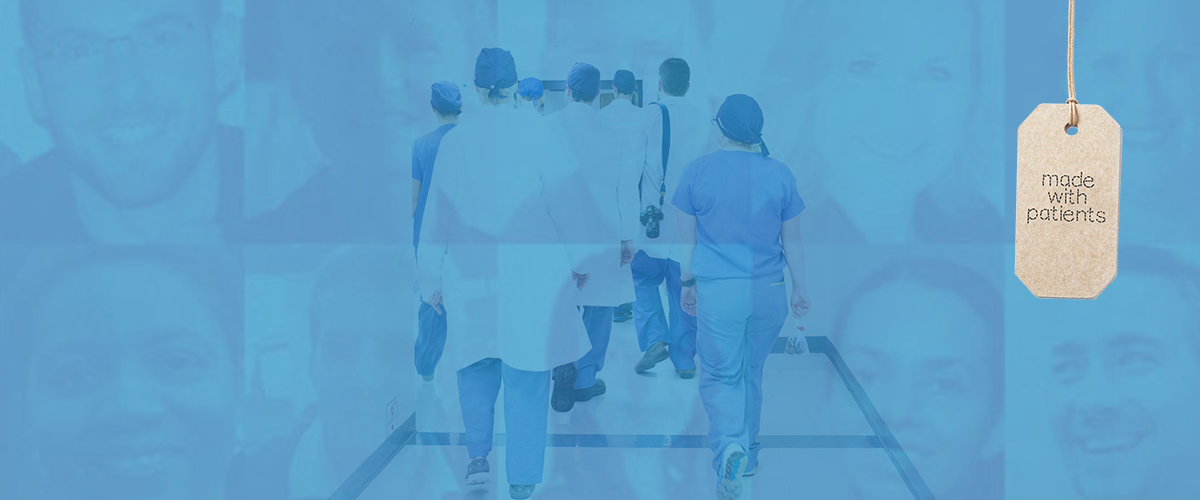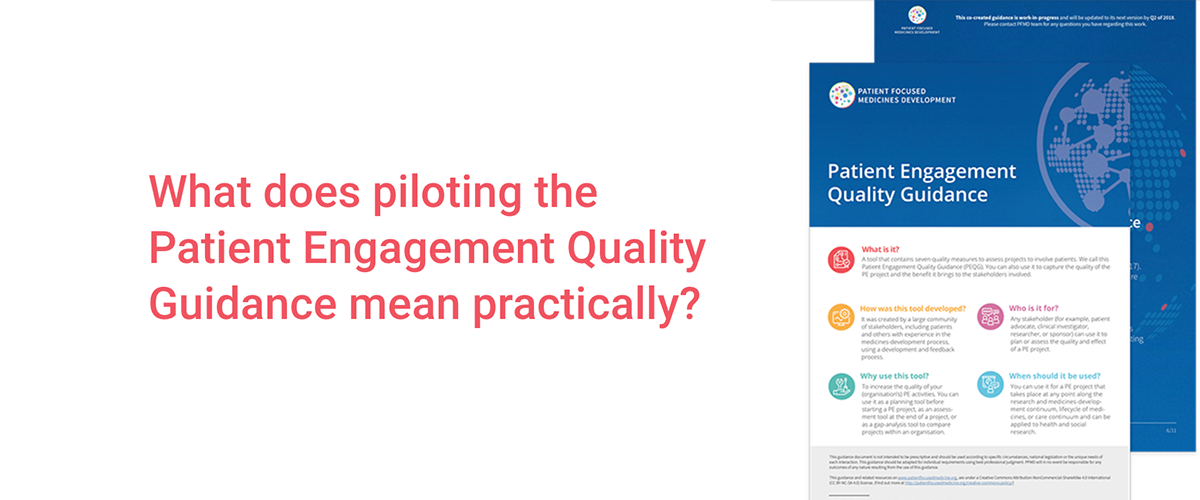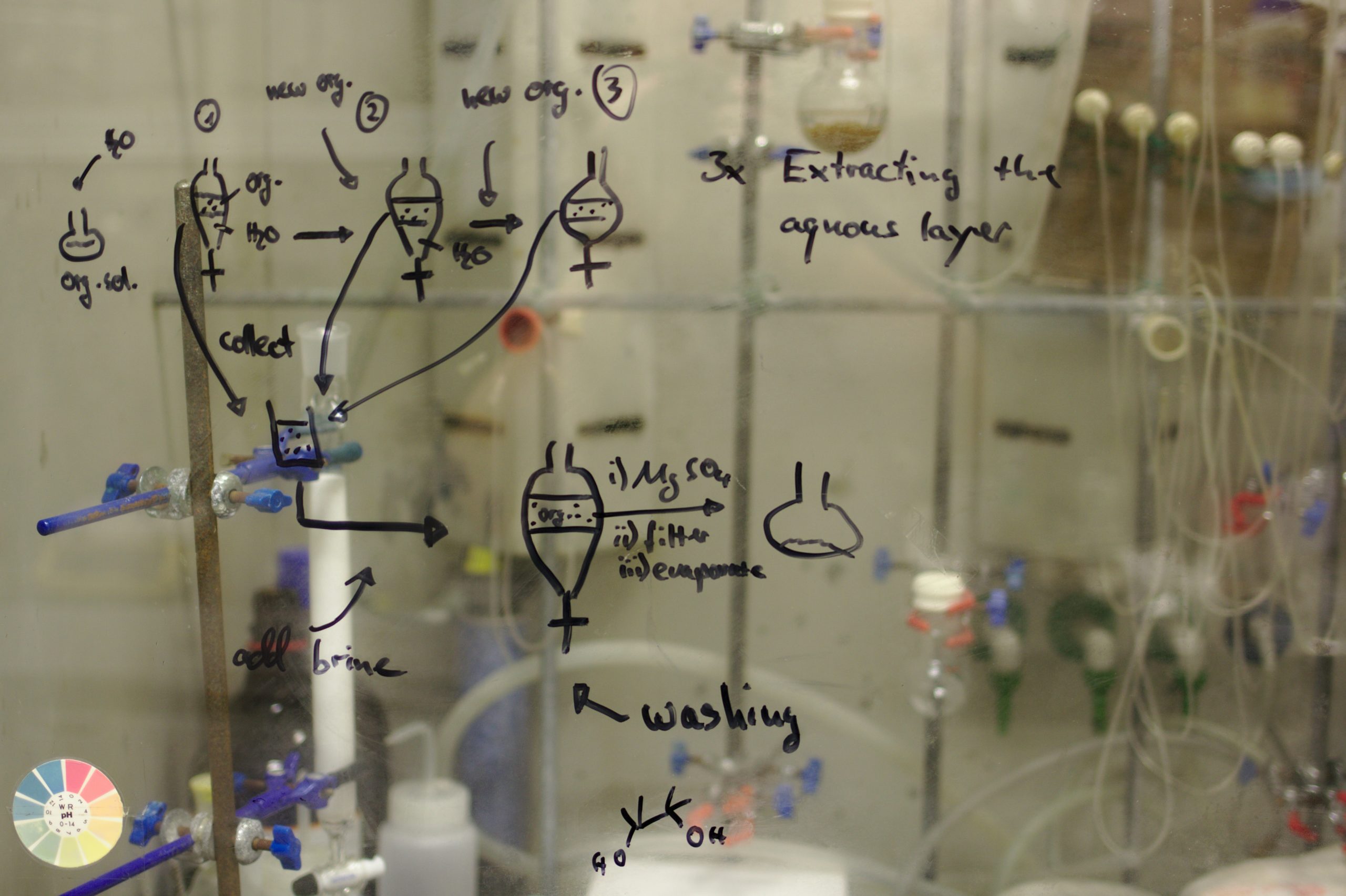A global consultation process reveals industry and patients are ready to embrace global principles on compensating patients for engaging with pharma companies. Now attention turns to addressing how to determine fair rates of pay ‒ a complimentary webinar will aim to demystify the process
A clear majority of patients and pharmaceutical companies are ready to use globally recognized Principles on patient remuneration, according to the results of a stakeholder consultation conducted by PFMD. However, the feedback also highlighted several remaining points of tension, including on in-kind payment, as well as the question of whether to strive for equal pay or fair pay for patient engagement.
Over 100 contributions were received from individuals and organizations, resulting in more than 300 comments on how to further refine the draft Principles which were developed by a multi-stakeholder Steering Committee, established to address this unmet need in the patient engagement ecosystem.
Results highlights
- 86% would use global Principles in their work
- 84% found the Principles to be useful
- 80% said the Principles provide sufficient practical guidance
‘At least 4 out of 5 respondents found the draft Principles to be understandable, useful and usable,’ said Sarunas Narbutas, a lawyer and patient advocate from Youth Cancer Europe (YCE), who has co-led the development of the Principles. ‘There is huge support for what we are doing. The issues raised through the consultation echoed those that came up at earlier stages of the development process, including the need for a transparent methodology to determine market value.’
Mixed views on in-kind payment and donations
On the question of alternative forms of payment for patients who engage with industry, there was broad support from the patient community. For example, as patient engagement activities moved online in response to the COVID-19 pandemic, some patients received non-monetary payment in the form of headphones or Zoom subscriptions for contracted interactions with pharma partners. Also, some patient community members may have a preference for their payment to be a charitable donation, rather than being remunerated directly. These alternative forms of remuneration may be related to local regulations, or the implications for taxation or social benefits. However, the responses from companies were mixed, with some viewing non-monetary payment or donations as bringing complexity or presenting an issue where guidance is required, and favouring direct payments for transparency.
The survey also highlighted questions on disclosure of payments to individual patients. Companies in the EU and the US are required to publish details of payments to healthcare professionals. In Europe, financial support provided to patient organizations must be publicly disclosed in line with Efpia guidelines; in the US, whilst it is not a requirement, many pharma companies disclose such payments. Most recently, the ABPI in the UK have introduced new guidelines requiring the remuneration to individual patients be disclosed in an aggregated manner. Companies must also navigate privacy laws, notably the EU General Data Privacy Regulation (GDPR), which curtails what personal information can be published.
Wanted: A global standard for FMV
Perhaps the most challenging insights gathered during the public consultation on the global principles are divergent perspectives concerning ‘equal’ vs ‘fair’ payment. Some argue that all patients engaging with companies should be paid the same amount. Others propose calculating remuneration based on the country of residence – taking the national cost of living index (e.g. GDP level) into consideration, along with the individual’s expertise and experience, and the activity performed in partnership with a company.
For example, someone based in Switzerland (with a high cost of living) would attract the market value appropriate for Switzerland. The same process and methodology would be applied to someone based in Bulgaria (a lower cost of living). This would result in individuals receiving a different market value. A patient expert, with the required experience, knowledge and skills asked to work on a global clinical trial protocol may attract a higher market value than an individual patient presenting a personal testimony at an event. Ultimately, market value is based on a complex methodology involving the activity to be completed, the experience, knowledge and skills required to perform this activity, and the value assigned to that activity. This is a methodology which is the standard applied in most organizations and with remuneration of other types of experts.
At present, there is no commonly agreed global standard and methodology on how to determine market values for the patient community. In some instances, companies opt to pay all parties the same amount; in others, there could be a five-fold difference in the remuneration offered to individual patients depending on their location. Mr Narbutas suggests that neither is satisfactory. In the first scenario, some people are being underpaid for their work while others are substantially overpaid, putting patients in a potentially difficult position.
‘We should view the work patients do as a consultancy service,’ Narbutas said. ‘The industry is used to working in this way when contracting or employing people. However, they need a robust methodology on which to base their rates.’ When setting rates for working with medical specialists, external data providers provide information companies can use to determine fair compensation. The challenge at present is that there is a lack of data on the work performed by patients and their representatives and the appropriate payments that could apply.
The project team is committed to responding to feedback and learnings gathered during the public consultation on the Global Remuneration Principles. To address the insights gathered that point to a need for better understanding of the complexity and process of market-based remuneration, the team will host a special session of the Patient Engagement Open Forum webinar on February 23rd, 2022 entitled Demystifying the methodology to determine Market Value when remunerating the patient community for interactions with the pharmaceutical industry. Speakers will include Eric Bolesh from Cutting Edge Information, Stanimir Hasardzhiev from PACT, and Martin Eschbach from Novartis. Register here



